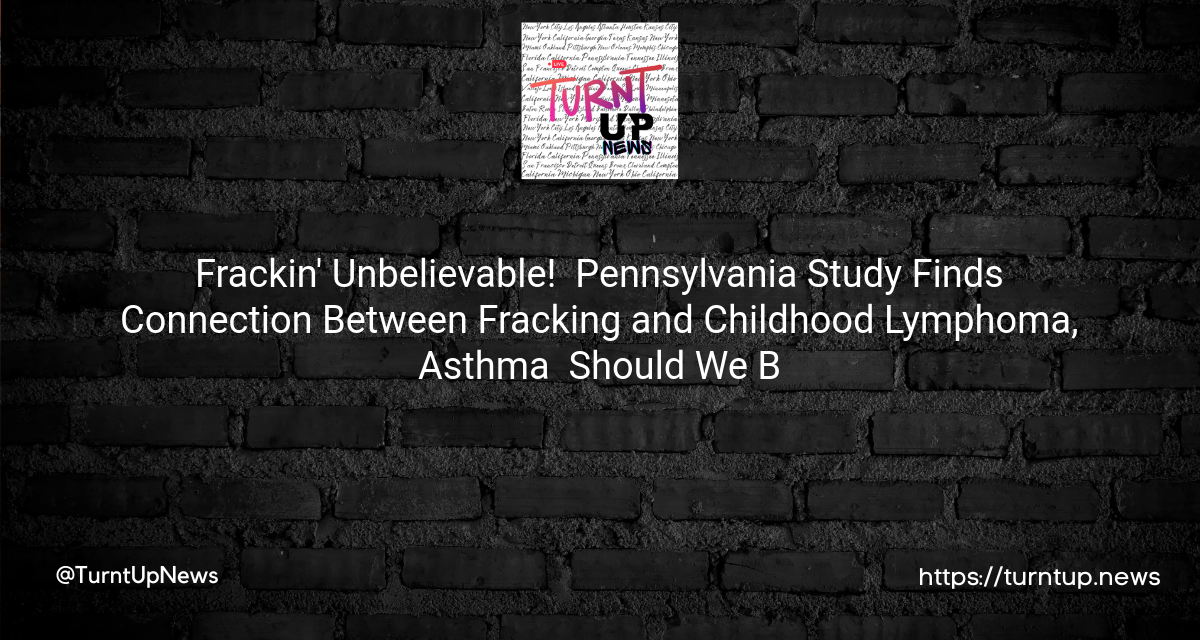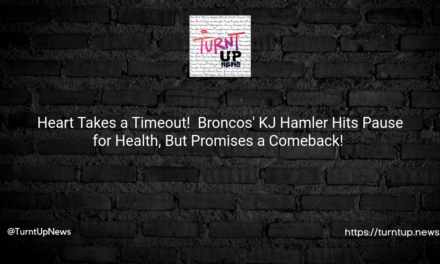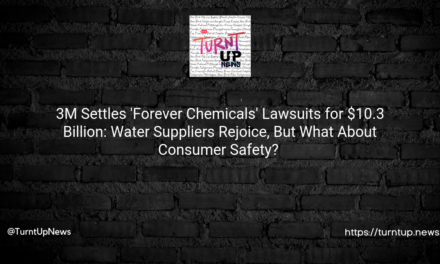Frackin’ Unbelievable! 😲 Pennsylvania Study Finds Connection Between Fracking and Childhood Lymphoma, Asthma – Should We Be Worried?
TL:DR; Scientists in Pennsylvania have been digging (or should we say fracking?) into the potential health impacts of natural gas drilling. Their study, which took four whole years and $2.5 million, discovered links between living near fracking wells and an increased risk of lymphoma in children and asthma in all ages. The findings aren’t rock solid, as they couldn’t prove that fracking caused these health issues, but the association has certainly raised eyebrows! 🧐🎗️
Disclaimer: The following article is based on a real study and is not intended as health or investment advice. It simply seeks to present facts and provoke thought. Always consult with professionals in relevant fields for personalized advice.
Fracking Fantastic or Fracking Frightening? 🤔
HARRISBURG, Pa. – Hold onto your hard hats, folks, because the world of fracking just got fracked. A research team in Pennsylvania has spent four long years studying the possible health effects of natural gas fracking, and their findings might make you gasp – literally!
If you’ve been living under a shale rock and don’t know what fracking is, it’s a technique to capture natural gas using hydraulic fracturing. It involves breaking up gas-bearing shale deep underground by pumping water, sand, and chemicals. Sounds exciting, but could it be harming our health? 🤨
The Juicy Details 🧪
Children living within 1 mile of a well had a staggering five to seven times the chance of developing lymphoma, compared to those living 5 miles away. That’s 60 to 84 cases per million kiddos near wells. Yikes! 😬 For asthma, those who lived near wells faced more severe reactions during gas extraction. But wait – the researchers said there was no consistent association for severe reactions during the well-building process. Confused? Join the club.
This study comes hot on the heels of other reports from around the country that also found higher rates of health issues near drilling fields. But as they say, correlation does not imply causation. It’s like saying owning a cat makes you a wizard – sure, it’s a fun thought, but there’s no magic wand to prove it. 🐱✨
Some Real Talk from Real People 🗣️
Dr. Edward Ketyer, a retired pediatrician who was involved in the advisory board for the study, didn’t seem too surprised by the findings. “The biggest question is why is anybody surprised about that?” he said. We can’t answer that, Doc, but it sure makes us wonder.
The Big Question: What’s Next? 🚧
The gas industry is standing firm, insisting that fracking is safe. But these studies seem to be causing some cracks in their confidence. A number of states have strengthened their laws around fracking, but researchers say regulatory shortcomings still exist.
This Pennsylvania-funded study is part of an ongoing saga. We’re now living in a world where the United States is an oil and gas superpower, thanks to fracking. But at what cost? 💰
One thing’s for sure: Establishing the cause of health problems isn’t as easy as finding a needle in a haystack (or a gas pocket in shale rock). Other contributing factors could be at play. Scientists are still working to gather enough data to understand the risk.
Conclusion: Frack or Fiction? 🧩
Fracking has transformed the United States into an energy giant. But as we celebrate the economic gains, are we turning a blind eye to the potential health risks? The Pennsylvania study is an eye-opener, but it leaves us with more questions than answers.
Are these health problems the tip of the iceberg, or are we overreacting? What’s the way forward? And, most importantly, does living near a well make you a fracking expert? 😉
Question to Provoke Discussion: Is the link between fracking and health issues like lymphoma and asthma something we should be alarmed about, or is it just another case of fear-mongering? Are we sacrificing our health for the sake of energy supremacy? Share your thoughts! 🎤💭





